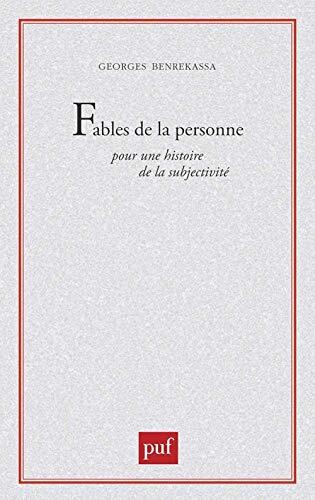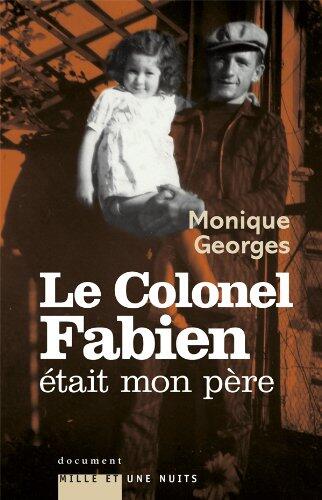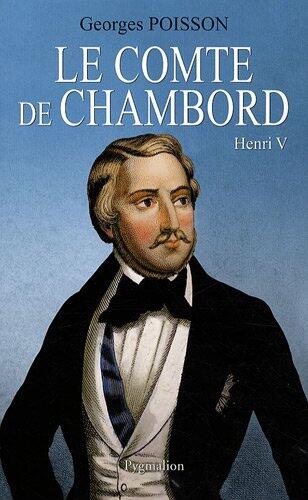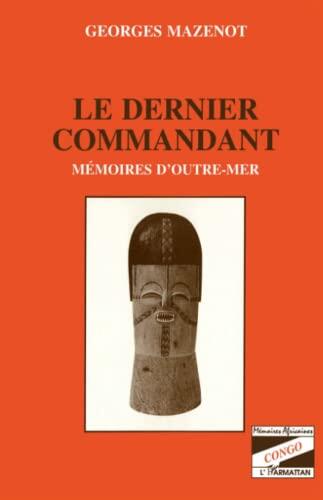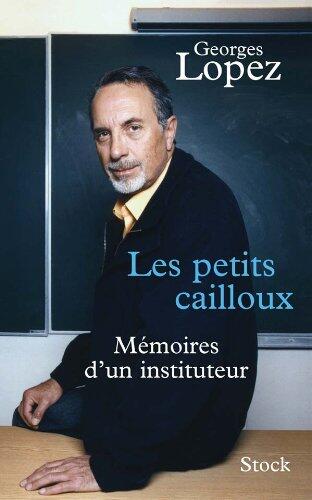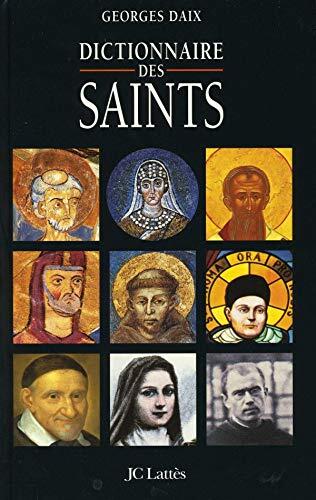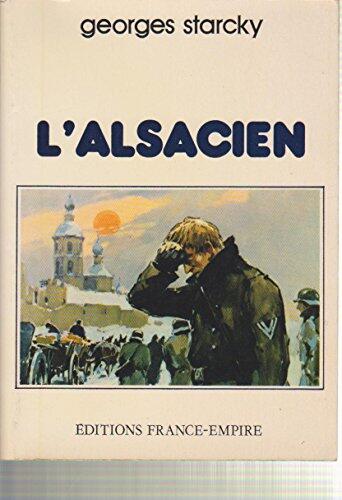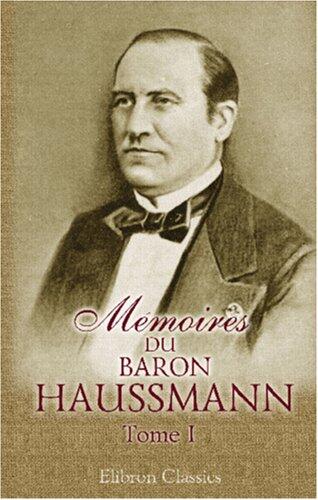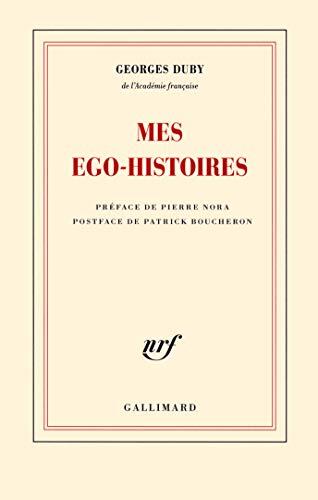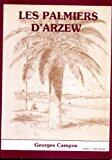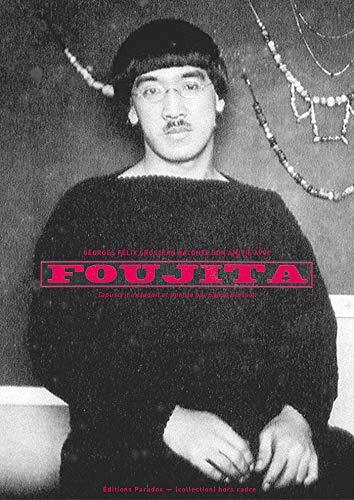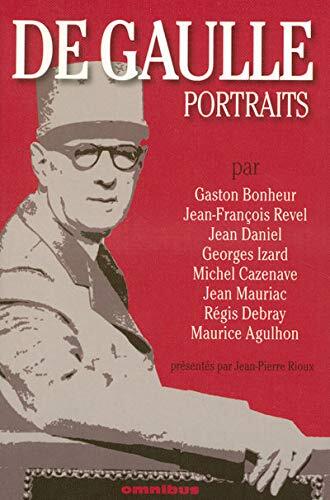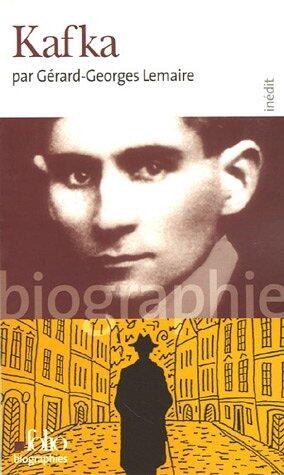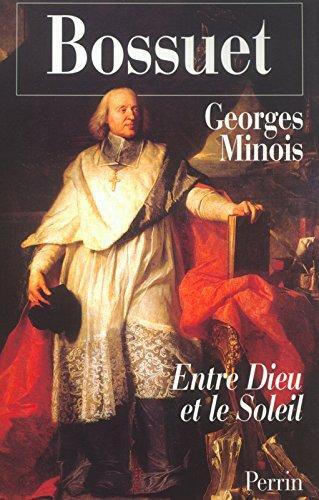
Bossuet entre Dieu & le soleil
작성자
Georges Minois
아직 평점이 없습니다
Biography
Religion & Spirituality
형식
페이퍼백
페이지
747
언어
프랑스어
출판됨
Aug 28, 2003
출판사
PERRIN
판
PERRIN
ISBN-10
2262020639
ISBN-13
9782262020637
설명
Georges Minois delves into the life and thoughts of Bossuet, a significant figure at the intersection of theology and 17th-century French literature. This work offers a nuanced exploration of Bossuet's philosophy, presenting him as a pivotal voice in understanding the relationship between divine providence and human existence. Minois illuminates how Bossuet grappled with profound questions about faith, authority, and the human condition amid the turbulent political climate of his time.
The book meticulously examines Bossuet's eloquent sermons, political discourses, and theological arguments, casting light on his enduring influence on religious and philosophical discourse. Minois intertwines these elements to paint a portrait of an intellectual figure grappling with spiritual dilemmas while engaged in the politics of his day. His insights reveal a complex character—both a devout cleric and an astute commentator on the nature of power and the divine.
Readers will find Minois' thorough research and clear prose provide a compelling narrative that captures the essence of Bossuet’s contributions. The inclusion of bibliographical references and a comprehensive index invites further exploration into the rich tapestry of thought that Bossuet represented. This work stands as a significant contribution to the understanding of not just Bossuet himself, but also the broader currents of thought during a transformative period in French history.
Through Minois’ lens, Bossuet emerges not only as a religious leader but also as a thinker whose ideas resonate beyond his own time, offering profound insights into the eternal dialogue between humanity and the divine.
The book meticulously examines Bossuet's eloquent sermons, political discourses, and theological arguments, casting light on his enduring influence on religious and philosophical discourse. Minois intertwines these elements to paint a portrait of an intellectual figure grappling with spiritual dilemmas while engaged in the politics of his day. His insights reveal a complex character—both a devout cleric and an astute commentator on the nature of power and the divine.
Readers will find Minois' thorough research and clear prose provide a compelling narrative that captures the essence of Bossuet’s contributions. The inclusion of bibliographical references and a comprehensive index invites further exploration into the rich tapestry of thought that Bossuet represented. This work stands as a significant contribution to the understanding of not just Bossuet himself, but also the broader currents of thought during a transformative period in French history.
Through Minois’ lens, Bossuet emerges not only as a religious leader but also as a thinker whose ideas resonate beyond his own time, offering profound insights into the eternal dialogue between humanity and the divine.

